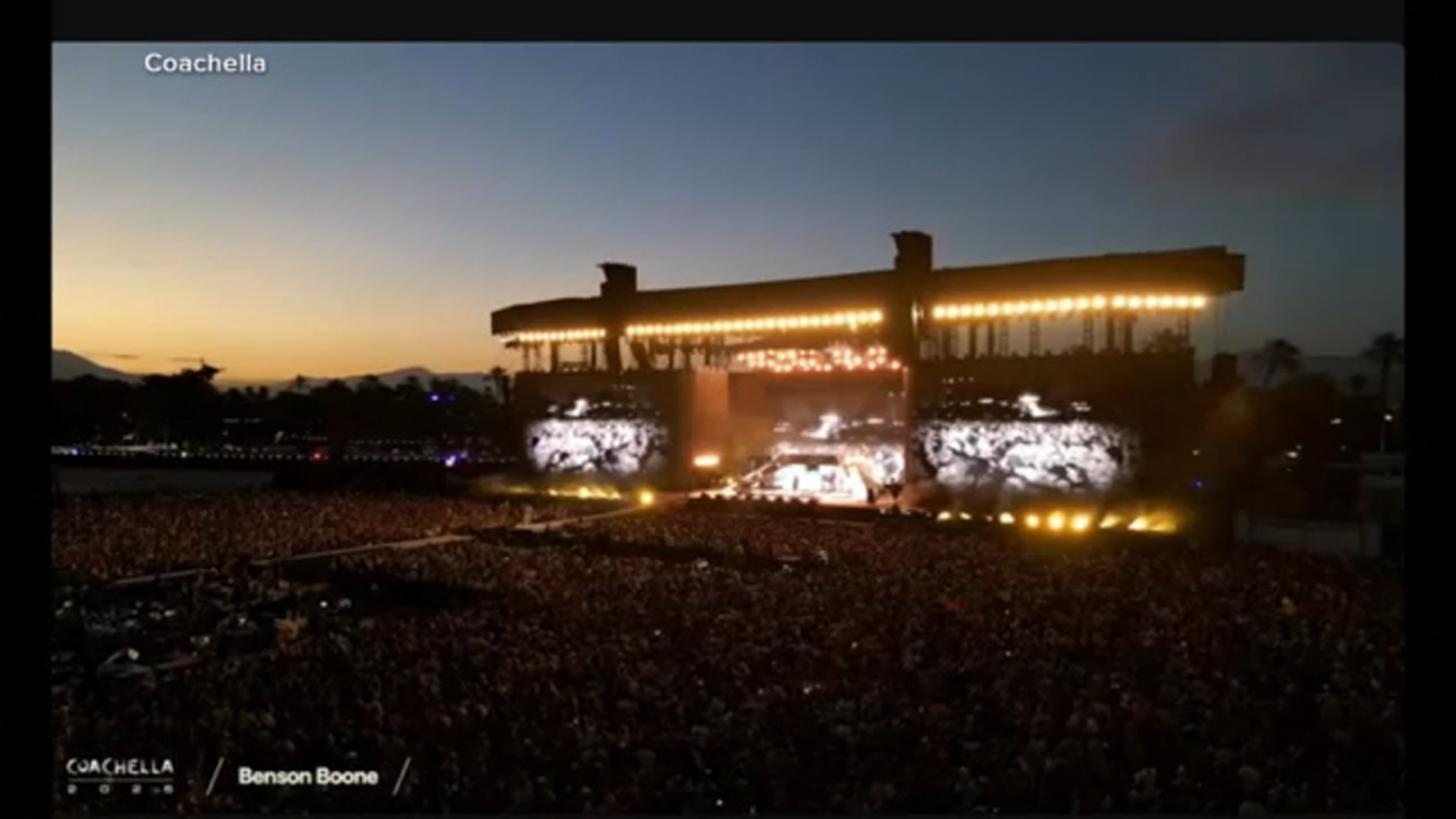Dueling parties debate Chevron refinery project in Richmond


RICHMOND, Calif. (KGO) -- A marathon hearing took place in Richmond where Chevron is trying to persuade the planning commission to authorize a controversial refinery modernization project. It's been put on hold for five years because of lawsuits and a big fire in 2012.
Wednesday night a large number of people showed up to the meeting in the first of two sessions before the planning commission. The second meeting will take place on Thursday evening.
Chevron is proposing a $1 billion modernization plan for its Richmond refinery. The company says it will make the plant safer and cleaner, while also creating 1,000 new construction jobs. They maintain this is strictly an effort to replace some of the refinery's oldest equipment with new modern technology.
Critics say this project is nothing more than an effort to mask an expansion that would allow the refinery to process crude that is potentially more polluting and emit more greenhouse gases. Both sides have taken their message directly to the local community.
"It's a reliability project at its core that allows us to replace some of the oldest processing equipment within the refinery. It' also allows us flexibility to process crude oil and gas oil blends with higher sulfur content all while meeting a commitment to no net increase in criteria air pollutant, greenhouse gas and health risk from toxic air contaminant emissions," Chevron spokesperson Nicole Barber said.
These meetings held before the planning commission are so they can consider the environmental impact report, to certify it if they so choose and then the final decision would be made by the Richmond City Council as soon as later this month.
Naomi Williams told the commission, "Please use common sense, at least for once."
She was among 130 public speakers who signed up to tell the Richmond planning commission exactly what they think about Chevron's proposed project.
Richmond resident Antwon Cloird told the commission, "Ya'll got a paycheck. We [haven't eaten] in two years. We lost our homes, we lost cars, our kids didn't get the G.I. Joe with the Kung Fu Grip."
Another resident said, "They will say anything to get out of spending money."
But opponents say the current plan doesn't go far enough in reducing emissions, especially greenhouse gases.
Project opponent Andrea Weber said, "I am tired of Chevron pulling the wool over our eyes on the projects they supposedly say are clean and safe. They are not."
EIR consultant Jennifer Hernandez said, "Under the environmentally superior alternative endorsed by the attorney general, it's actually a net improvement in air quality and health risks."
In the end, there are clearly those who trust Chevron and those who do not, especially after the 2012 refinery fire.
Andres Soto, from Communities for a Better Environment, said, "As far as many of us are concerned in the community, Chevron has zero credibility and there's no reason to trust them because they have consistently, throughout the history of our lives, lied to us."
Asian Pacific Environmental Network, or APEN, member Lipo Chanthanasak said,"Poison from the refinery releases into our community, impacting the health of our community members, including my own family. We need better solutions -- renewable energy owned and operated by our local residents to produce local clean jobs and power."
State Attorney General Kamala Harris last month sent a blistering letter to the city of Richmond criticizing its draft environmental impact report for the project. The letter stressed that the main purpose of the refinery project is to produce higher-sulfur crude oil, the kind that caused the corrosion that led to the refinery's massive August 2012 fire and explosion.
Harris called for a risk-management plan for the project that would fully address the higher risks associated with the higher-sulfur crude. The attorney general later said she would support an alternative plan proposed by Richmond's environmental impact report consultants that would create no increase in greenhouse gas emissions from the refinery.
Part of the new facility had already been constructed before the entire project was brought to a halt by those lawsuits in 2009.
If the planning commission doesn't approve the environmental impact report by July 16, it will go to the City Council for final approval. However, the public has 10 days to appeal the council's decision.
Bay City News contributed to this report






